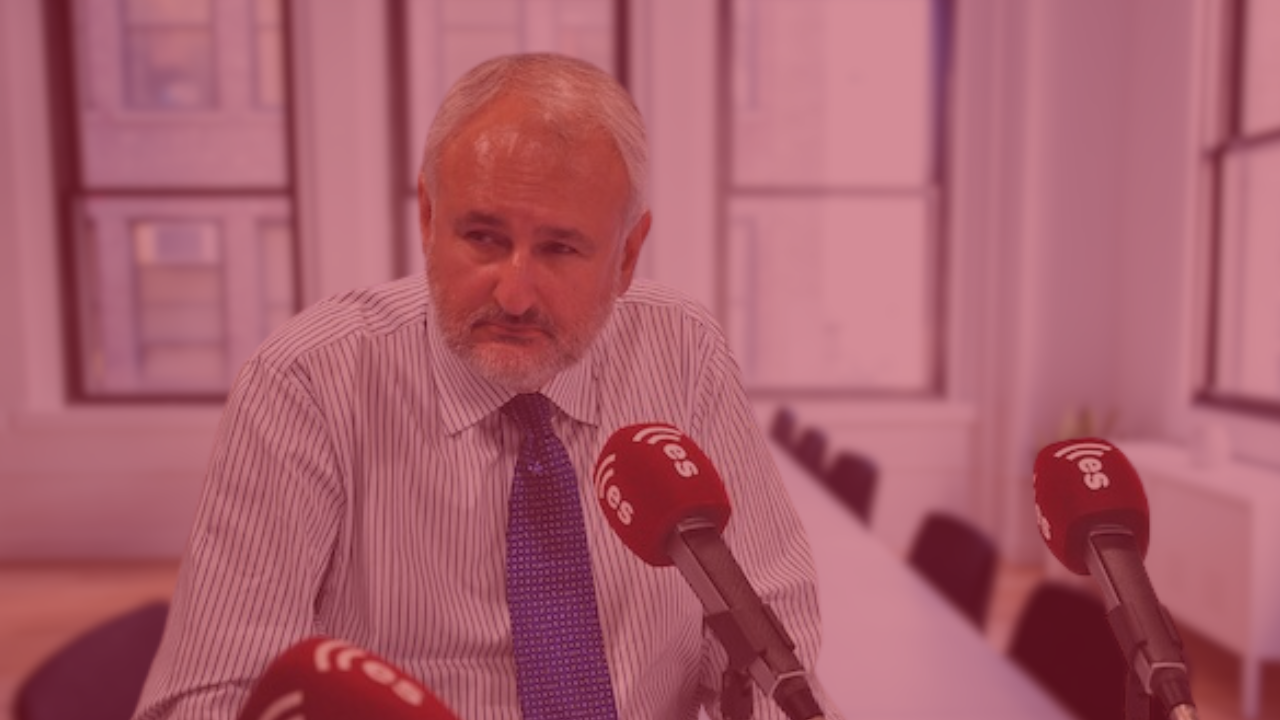As every year, the presentation of the General State Budgets (PGE in Spanish) is the starting point of numerous debates. This year is no exception. Regarding Defence expenditure, it seems that Spain continues to drag certain prejudices that prevent providing the country with an adequate level of security. In a strategic environment dominated by uncertainty and volatility, our Government has spent decades providing the Ministry of Defense with lower resources than needed to fulfill its primary obligation: national defence. In the 2019 Budget, this Ministry will have 8,537 million euros. A figure that represents 1.6 percent more than the previous year, when it amounted to 8,401 million. This implies that the funds allocated to it represent 2.3 percent of the national budget.
However, despite this small increase, this year’s defence budget does not solve a number of uncertainties. Specifically, there are several issues that allow questioning these public accounts.
First of all, do we spend a lot on Defence? First, of the 8,537 million, over half of it (54 percent) is dedicated to personnel expenses. And this is without considering 897 million euros in credits for operational expenses aimed at the professionalization of the Armed Forces. These data highlight the importance of the human factor within the Armed Forces. However, the existence of such structural rigidity in such a small budget leaves little room for the rest of the items. To alleviate the leverage, there are two possible solutions: either the personnel expenditure is reduced —that is, reduction of personnel—, or the Ministry of Defence is provided with more funds. The first solution is not viable, since personnel has already been shrunk overall during the last decade. As a result, the second option is to be preferred. For many reasons.
According to the latest report by NATO Secretary General, Jens Stoltenberg, Spain is the third NATO country with the third-lowest percentage of GDP in Defence (0.92 percent in 2017), only ahead of Belgium and Luxembourg. In addition, the Spanish Government already confirmed last year that it will not comply with what was agreed at the 2014 Cardiff Summit: reaching 2 percent of GDP by 2024. According to the calculations of the Ministry itself, Spain will remain at 1.53 percent, far from the goal committed to NATO and therefore damaging our reputation before the international community. The Executive, in the words of its Ministry of Foreign Affairs, Josep Borrell, argues that Spain is the only country in the European Union that has participated in all its missions. However, according to data from SIPRI (Stockholm International Peace Research Institute), the Spanish Defence budget, as a percentage of GDP, has not stopped reducing since 1988. This continuing downward trend leads us to the second question: is it enough our budget for Defence?
In short, it is not. With the figure of 2,795 million euros dedicated to Defence, there is a clear step back comparing this year’s budget with that of previous years. In 2018, Defence was endowed with 2,841 million euros, 30 percent more than in 2017, and 6.9 percent more than what was proposed for this year. This means that what was cataloged as “the opening of a new investment cycle” has been reduced to mere words.
Defence is more important than opulence. Through deterrence, peaceful relations are maintained under a free trade system.
However, any reader foreign to this topic might think that the previous expenditure in Defence was already excessive. Quite the contrary. To understand this section, it is necessary to start from the basis that there is also an enormous anguish here. This is the case of the PEA (Special Armament Programs). These were devised to avoid shortness in a matter as sensitive as defence. They aimed to cover large projects that became the backbone of the Armed Forces. This expenditure would go beyond the electoral periods, in order to ensure stability. However, despite fulfilling their purpose, PEA now accounts for 75 percent of the total Defence budget. This does not mean that the money is spent in new projects, but that a substantial part is devoted to the outstanding payments of the PEAs of the past decade. Therefore, and despite being the tool that has allowed Spain to eliminate the technological disadvantage from which it started, due to low funding, they are becoming a huge liability within the Defence budget. An example illustrates this: the Eurofighter Typhoon 2000.
This fighter, designed at the end of 1985, entered service in 2003. Well, there are still pending payments. In addition, despite being a magnificent fighter today, there are already models that surpass it, such as the F-35 or the F-22 Raptor, both Americans. But not only the U.S. It has ultramodern aircraft. They are also advance Chinese models, such as the J-20, or Russian, like the Su57, both of the fifth generation, compared to the Eurofighter, which, with its modifications, is of generation 4.5. Therefore, Spain is in the position to continue paying for a project that will soon become obsolete, without having initiated yet another to replace it. But the Eurofighter is not the most compromised programme. There are others in a really critical situation and in which the room for maneuver to reverse it no longer exists. The Air Force, for example, has the P-3 Orion. These magnificent American-made devices are dedicated to maritime surveillance. They made their first flight in 1959, and, in Spain, entered service in 1973. This gives us an idea of their longevity, for many modernizations that have been added to them. In the case of the Navy, it has the Harrier II Plus aircraft, which was incorporated into service in 1996. Despite not being as old as the P-3, they are a version of the original model, dating from 1970.
These challenges must be addressed urgently, as they will affect national security in a transcendental manner. Both political actors and society in general must know the reality in which their Armed Forces live; the condition of their equipment and the negative consequences of a lack of investment. As Adam Smith himself said, defence is of greater importance than opulence, since, through deterrence, peaceful relations are maintained between nations under a system based on free trade. That is, preserve opulence through security. Or as Professor Antonio Fonfría says: «Sometimes, cannons are preservative for butter».






